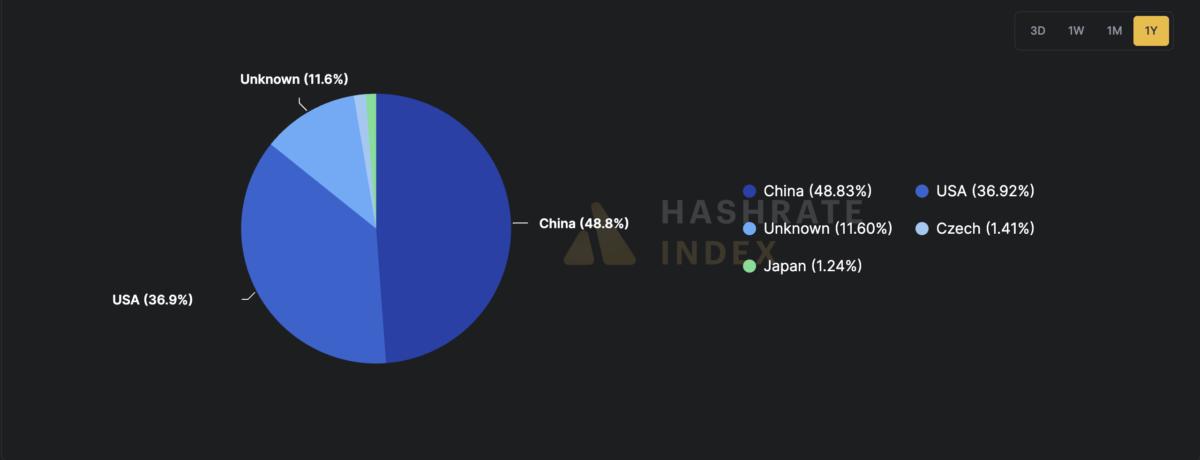The U.S. Senate has advanced sweeping AI legislation under the National Defense Authorization Act that would require chipmakers to first serve U.S. customers with advanced processors before exporting them overseas.
On Thursday, senators passed the Guaranteed National Artificial Intelligence Access and Innovation Act of 2026 (GAIN Act), an amendment to the National Defense Authorization Act that would require AI and high-performance chip makers to prioritize domestic orders before exporting their products.
The GAIN Act also gives Congress the right to deny export licenses for the most high-end AI processors and requires export licenses for all products containing “advanced integrated circuits.”
According to the policy advocacy group Americans for Responsible Innovation, “Over the past few years, U.S. companies have periodically faced backlogs in chip purchases. In late 2024, Nvidia’s Blackwell product line was fully booked approximately 12 months in advance.”
Applicants must certify that all U.S. orders are fulfilled before export licenses can be granted for fiscal year 2026 under the NDAA.
However, the GAIN AI Act is an amended version of the NDAA and still requires House approval and the President’s signature to become law.
This leaves the final provisions of the NDAA open to congressional negotiation, and there is no guarantee that the GAIN Act will become law in its current form or at all.
Restrictions on exports of artificial intelligence and high-performance computer chips could harm the global cryptocurrency mining industry, which is already feeling the economic pain of trade tensions, by making it harder to obtain the hardware.
Tariffs and trade wars hit mining hard
Reciprocal trade tariffs announced by US President Donald Trump in April caused crypto prices to collapse, creating an even tougher situation for the highly competitive mining industry.
The production of crypto mining hardware relies on international supply chains that are currently subject to tariffs, increasing the cost of the hardware and reducing profitability for miners.
US-based mining company CleanSpark faced a $185 million debt in July after US Customs and Border Protection (CBP) claimed that some of the mining hardware it ordered was manufactured in China.
IREN, another US cryptocurrency miner, faced a $100 million bill over claims that its hardware was subject to increased trade tariffs.

The tariffs could also reduce the price of mining hardware outside the United States, putting U.S.-based miners at a competitive disadvantage and potentially eroding the U.S. share of the world’s hashrate, the computing power that goes toward securing crypto networks.
Losing hashing power would undermine the Trump administration’s goal of turning the United States into the crypto capital of the world.



